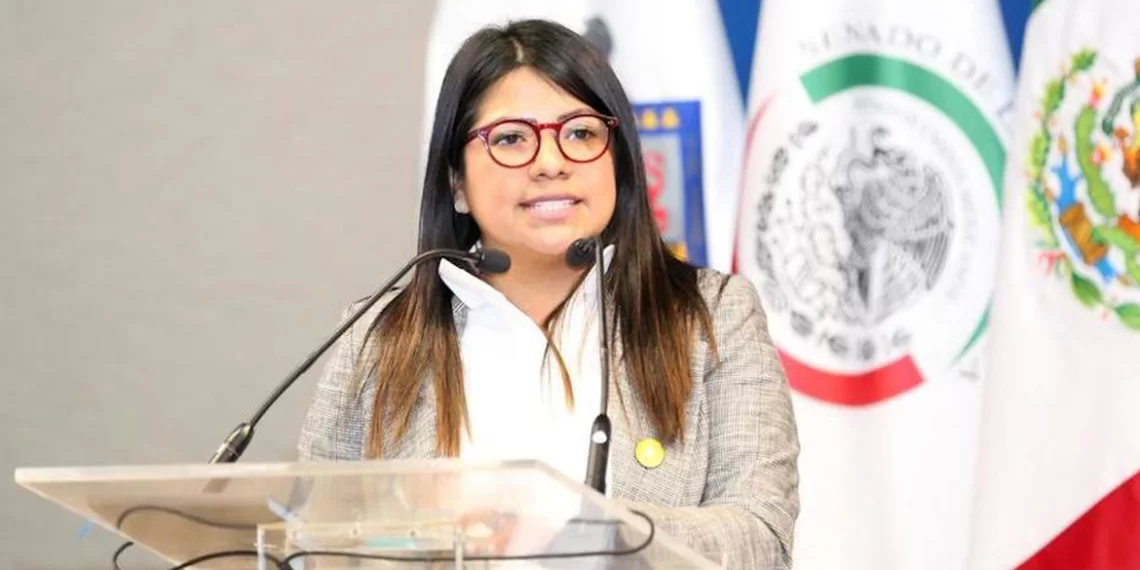“It is reformed by addition to article 2 of the Monetary Law of the United Mexican States to read as follows: Article 2 Bitcoin (BTC) will be considered as a legal tender in the Mexican Republic,” says the document presented to parliament on June 28.
Proposed bill to make Bitcoin legal tender in Mexico. Source: infosen.senado.gob.mx
Kempis presented two legislative proposals to the assembly in April of last year, but neither mentioned Bitcoin or any other decentralised digital assets.
In particular, the legislation’s article 2 was the focus of the revision that was being suggested. It was established to “include virtual assets as part of the digital species that may be circulating in the national territory; for this purpose, it establishes that only the central bank can be the one who issues a digital currency.”
Bill to guarantee financial inclusion to all Mexicans
The provisions of the bill are based on the difficulties that Mexican citizens face in gaining access to financial products and education.
Kempis justifies the adoption of Bitcoin in the bill by claiming that roughly half of Mexicans do not have access to the country’s traditional financial system, which poses a significant challenge for the country.
She stated, “It is necessary to carry out actions [adopt Bitcoin] so that the use of technology can promote and guarantee financial inclusion.”
According to Kempis, the fact that 56% of the Mexican population does not have a formal savings account speaks to a lack of trust and interest in banking institutions, preventing this segment of the population from having access to a formal financial instrument for savings.
CBDC in Mexico
On the other hand, the course of action that the government and the Central Bank of Mexico have taken is in direct contrast with the legislation proposed by Senator Kempis.
The Central Bank of Mexico announced in January that it was working on the development of a digital peso, its own central bank digital currency (CBDC), which was expected to be in circulation by 2024 to help Mexicans overcome barriers to financial services.
Furthermore, Mexico’s Finance Minister Arturo Herrera stated in June that the use of cryptocurrencies was not permitted within the Mexican financial system, and that this prohibition was unlikely to change in the near future.
Herrera stated that this prohibition was unlikely to change in the near future after one of Mexico’s wealthiest individuals, Ricardo Salinas Pliego, stated that he was working to make Banco Azteca the country’s first bank to accept Bitcoin.












